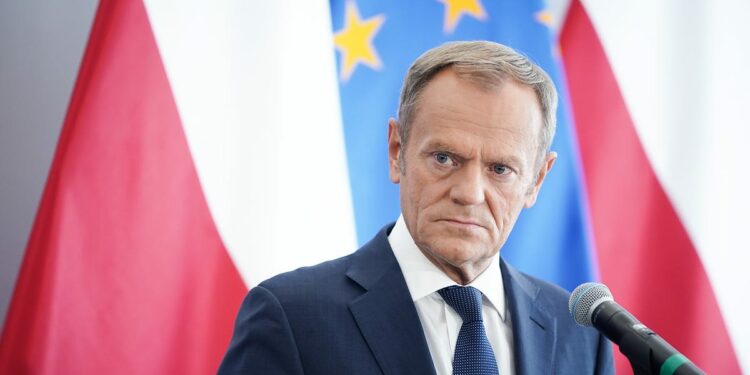Share
The absence of professionally run, durable political parties, particularly in the moderate center, makes for a dangerous situation. A recent New York Times report is right to warn that the upcoming election can easily turn Slovakia, a staunch ally of Ukraine, into “a bystander more sympathetic to Moscow”—a risk that is completely absent in Poland. Scott Mainwaring, a political scientist who is credited with the idea, argued that weak party institutionalization encourages personalistic politics and leads to democratic erosion. “Parties can polarize and act intransigently in ways that make democracies vulnerable to breakdown, “ he wrote, “or they can manage conflict in ways that can sustain democracy even in difficult times and places.”
For those who are worried about Fico’s entrenchment once in office—modeled perhaps after Viktor Orbán in Hungary—the absence of a well-organized countervailing force close to the country’s political center of gravity is bad news. Orbán (like Putin) has been effective at depicting his opponents not only as lackeys of foreign interests but also as out-of-touch ideologues blinded by “woke” globalist ideas that have no connection to Hungary’s traditions and way of life.
If PS—a party of start-up founders, gay rights and climate activists, and hip “organizers”—becomes the main opposition force in Slovakia, Fico’s job will be made easier. While PO hasn’t shied away from the green transition or gay rights, it has more of a history as a broad tent than PS, as well as a record of policy accomplishments that extends far beyond those causes. Whether PS can similarly broaden its appeal, not just in one election but over a longer term, remains to be seen.
None of this is an indictment of PS, which has itself successfully weathered changes in leadership and coped with initial political setbacks, including failing to reach the threshold for seats in parliament in 2020. Rather, it is an indictment of Slovakia’s broader center right, which has succumbed to the narcissism of small differences and pettiness instead of cohering around a single candidate list and a leader while there was time.
The two upcoming Central European elections, Slovakia’s and Poland’s, provide two different case studies of trends seen in democracies around the world. In some countries, the center right has successfully adapted to the challenge posed by the populist-nationalist insurgency. In other cases, the far right has itself transformed into a more responsible political force. In yet others—most notably in France, where Emmanuel Macron singlehandedly upended the existing party system—the traditional center right has essentially imploded and left voters with a choice between a technocratic-progressive center and different flavors of populism on the far left and the far right.
The last category is the most fraught with peril. Macron defeated Marine Le Pen twice, each time handily, but as long as the choice is between the bland techno-centrism of Macron and the fiery, dangerous nationalism of Le Pen, the boring option has to win every time. Thanks to PO, Poland has avoided that position, but Slovakia has not. For that reason, and not just because Ukraine will be on the ballot (though it will), I will be watching the Slovak election with much greater trepidation than the Polish one.
Source link : https://www.thebulwark.com/p/what-happened-central-europes-center-right
Author :
Publish date : 2023-09-13 07:00:00
Copyright for syndicated content belongs to the linked Source.


